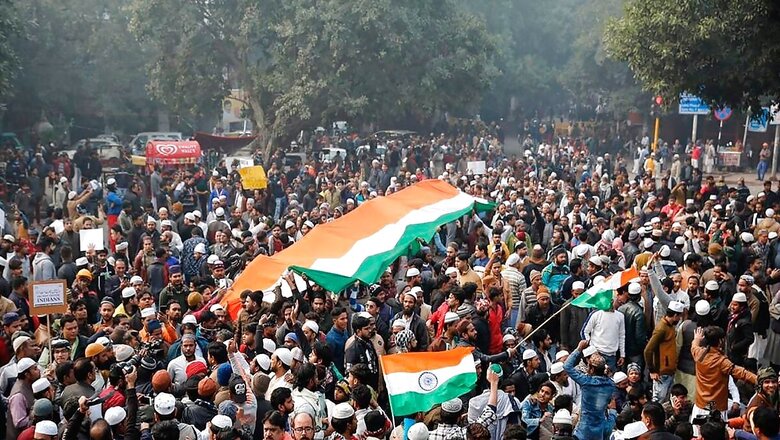
views
The Muslim community needs to invest considerably to build up goodwill with other communities, religious minorities, dominant castes and Dalits to foster solidarity with them and work for a secular polity. They should also work for a ‘humane India’ sensitive towards human rights.
These are some of the findings of Professor Mujibur Rehman’s ‘Shikwa-e Hind – The Political Future of Indian Muslims’ (Simon & Schuster, 2024), which explores the predicament of the political future of Muslims in India. Professor Rehman, who specialises in identity politics and development politics with a special focus on religious minorities in India, teaches at Jamia Millia Islamia University in New Delhi. According to him, India’s tectonic shift toward Hindu majoritarianism has made the future of the country’s largest minority—Indian Muslims—dark and gloomy. The important question, therefore, is: “Is there a way out?”
For Rehman, the current situation for Muslims in India marks the third critical political moment in their history. While the economic future and cultural rights of Indian Muslims have been debated since 1947, Rehman argues that their political future demands attention because only as an equal and participatory political community can economic or cultural futures be addressed. “If their political will is not strengthened,” says Rehman, “Indian Muslims will be left at the mercy of majoritarian forces, subject to their whims and fancies.” The first critical political moment for Muslims in India was in 1857 when Indian Muslims had to adapt to life under British colonial rule. The second was in 1947 when the community was given equal status in the Indian Constitution.
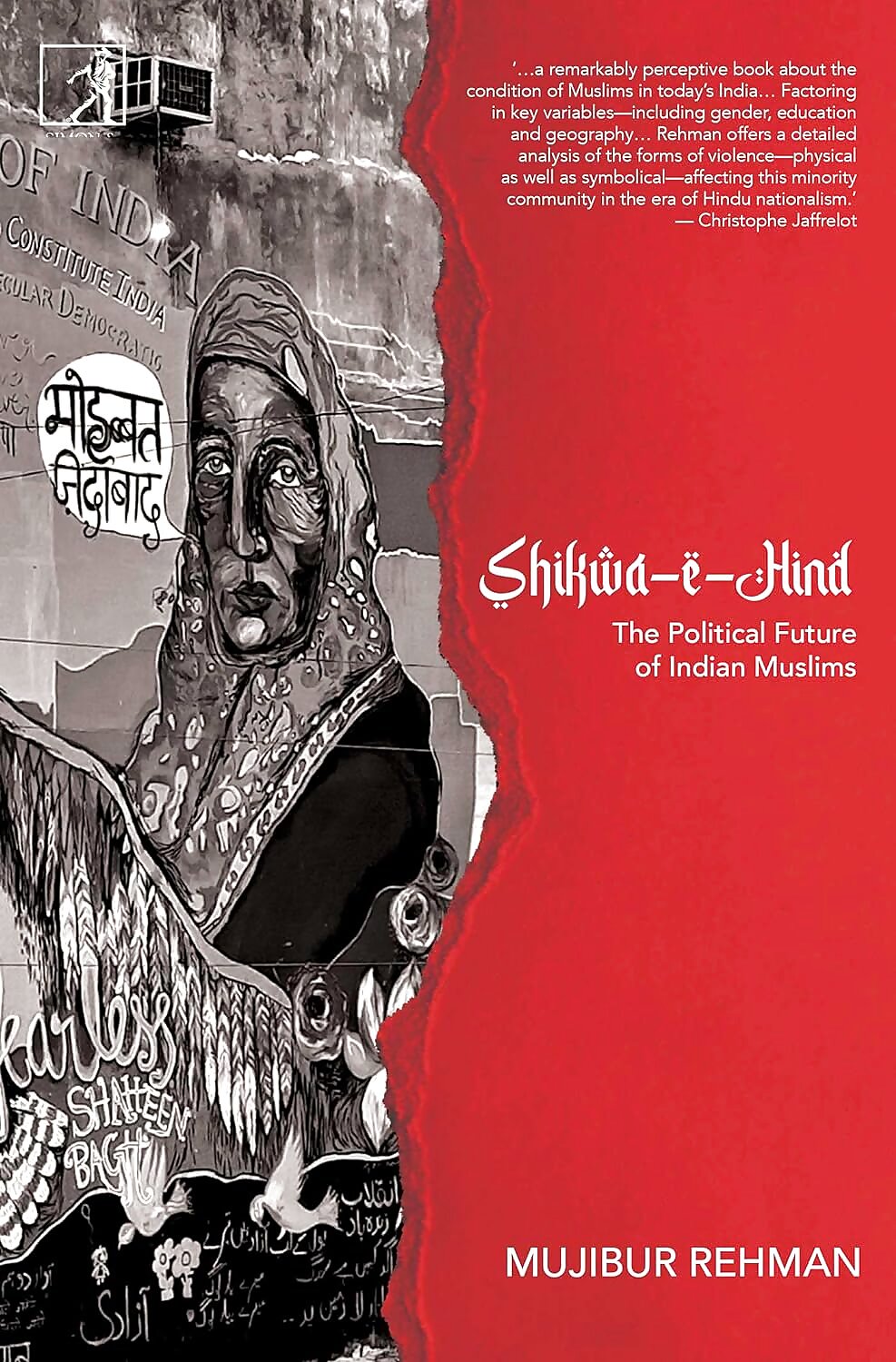
Drawing heavily on the life and work of Sir Sayed Ahmed Khan, B.R. Ambedkar, and Martin Luther King Jr.—figures who fought for the rights of their respective minorities at different historical junctures—Rehman’s meticulously researched work provides interesting insights and inspiration. He repeatedly asserts that the Muslim community, moving forward, must articulate a clear vision of their democratic rights as equal citizens and define the ethics of human dignity as they strive to reclaim their rightful place within India’s political power structures.
But there are numerous challenges. Muslim politics in India has been dynastic, and two major minority universities, namely Jamia and AMU, do not even hold regular student union elections. As a result, there is always an issue of positive politicisation of Indian Muslims. There is no mechanism to address Muslim causes. Organisations like the All India Muslim Personal Law Board, AIMIM, IUML and Jamat-e Islami have been counterproductive for secular, modern Indian politics. The subjugation of Muslims, de-Islamisation of the country, normalisation of violence and a tendency to blame Muslims for their own victimhood presents a beleaguered situation for the second-largest population of Muslims in the world.
For Rehman, the challenge before Muslims in India is not merely from the rise of Hindu right forces that are hostile but the indifference of the so-called secular forces and political groups. The representation of Muslims in state assemblies and parliament is constantly on the decline. Another problem with secular parties is that most of them are dynastic and the Hindu right has successfully established a public perception that their loyalties are more with the families than the national interest. Interestingly, these so-called secular parties have deployed a bogey of soft Hindutva which acts against the interests of the Muslim community.
Rehman says Indian Muslims need to look up to African Americans, Dalits and others as sources of inspiration. To conclude, he says Muslims need a political voice and without it, democracy in India would remain somewhat wounded.
The writer is a Visiting Fellow at the Observer Research Foundation. A well-known political analyst, he has written several books, including ‘24 Akbar Road’ and ‘Sonia: A Biography’. Views expressed in the above piece are personal and solely that of the author. They do not necessarily reflect News18’s views.











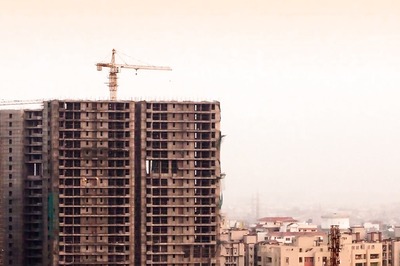
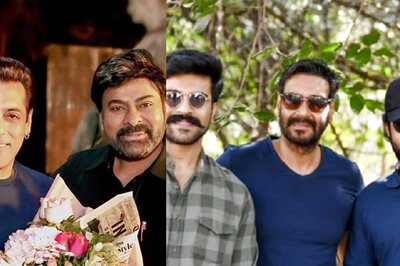

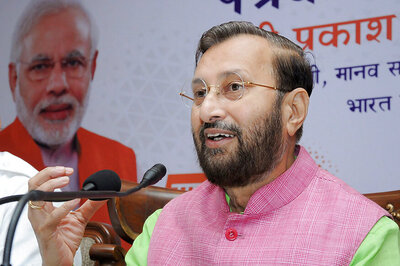
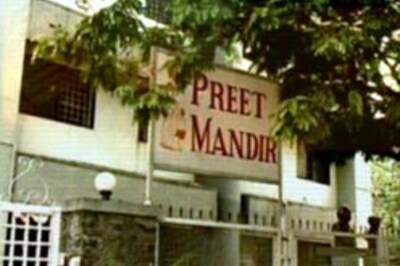



Comments
0 comment